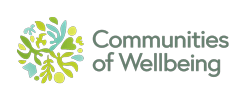Our monthly meetings provide members and guests (everyone is always welcome) with inspiration, connection, education and professional development. They are an opportunity for us to hear about the latest research, practice, and planning for the building of flourishing individuals and communities and for us to actively promote education and projects to prevent and control mental illness.
During Covid-19 lockdowns, we embraced online meetings but now we are returning to in-person meetings. The following are samples of some of our more successful meetings.
Gratitude

Our July 2022 workshop on Gratitude was very successful. You can read a full summary here. You can also view the gratitude practice resources which came out of the meeting here.
Courage and Connection
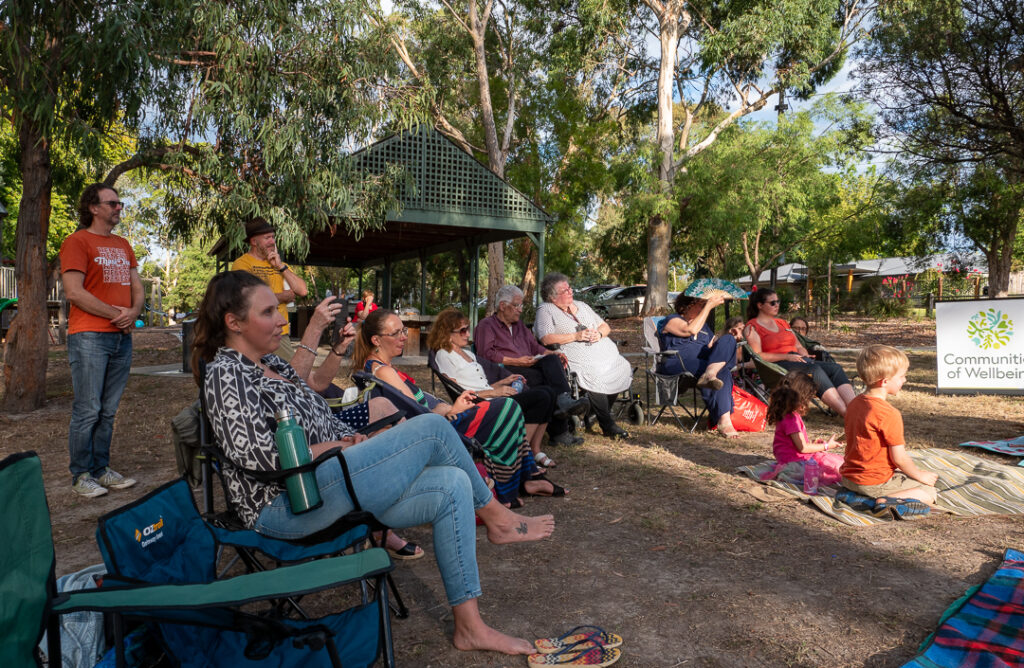
What a great night in one of our most gorgeous Maroondah Parks – Warrien Reserve in North Croydon. “Perfect” is how I’d describe our March event under our theme Courage and Connection. How wonderful it was to be outdoors, sharing a meal, good conversation and a chance to hear from Amy Corcoran, a Wellbeing Certificate graduate about her lived experience with mental illness. Amy’s courage in presenting her story was amazing and her commitment to her work with Mind Australia to support others experiencing similar struggles is to be admired. Surrounded by the beauty of the outdoors and the relaxation of COVID restrictions made for a wonderful evening.
Wired for Connection – Understanding Polyvagal Theory
On Wednesday 6th October 2021
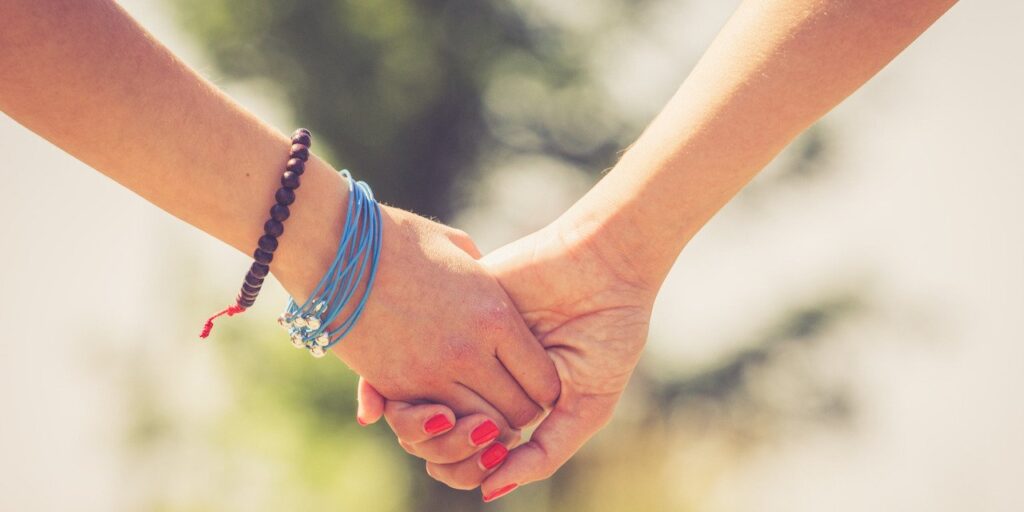
Dr Amy Wallis trained as a psychologist and worked with children, adolescents and families in community, school and hospital settings. Continuously curious about understanding the mind-body connection, she has explored different modalities including behavioural, psychological, neurological and biological approaches to treatment.
Over the past two years, Amy has been particularly interested in learning and applying Stephen Porges’ polyvagal theory. Through a combination of theoretical training and her own embodiment and creative practices, Amy recognizes the value of understanding how our nervous system can affect our personal experiences, stories and interactions with others. Although polyvagal theory is being applied more regularly in some clinical settings, Amy would like to extend this awareness amongst the broader community as an empowering resource to support health and wellbeing. You can view Amy’s handout for the session here
Reciprocity Ring – September 2021
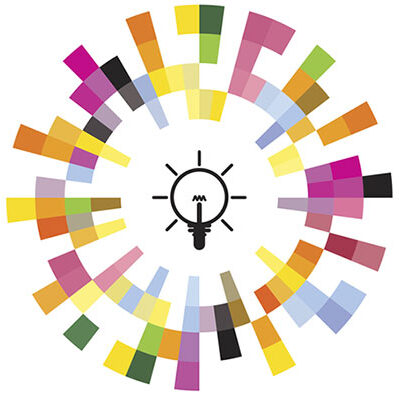
The “Reciprocity Ring” exercise has been designed to foster an environment where people feel comfortable asking for the help or information they need, thus boosting collaboration and communication between silos. As knowledge is shared, cost and time savings are achieved. Our first attempt at this had to be adapted to a Zoom environment but was surprisingly successful
Within the group, each individual made a request of the group (verbally and in writing on a virtual sticky note). As each person made their request, the notes were stuck on a PADLET. Requests might be along the lines of “I am looking for a person to deliver wellbeing programs in my workplace.” Or, “I need advice on how to contextualise PERMAH to Kindergarten parents.”
As participants listen to each other’s requests, they consider ways they might be able to help – with expertise, resources, referral to the right contact, and so on. Participants then place their own virtual sticky notes detailing this offer on the board alongside the original request, creating contact between requesters and contributors.
The aim of the exercise was to encourage giving and the more people saw requests being fulfilled, the more they wanted to contribute. This exercise also demonstrated how we can learn from each other and how much we had to offer.
Cultivating wellbeing skills with Wellschool founder Eva Migdal
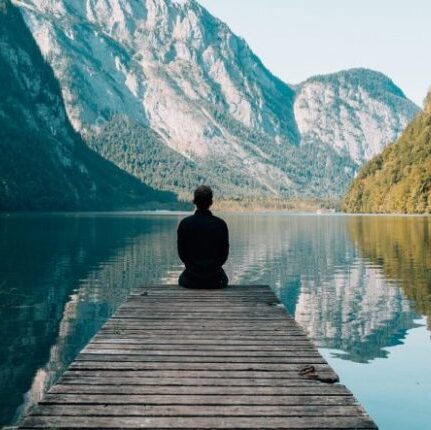
Eva, who gave a presentation at the Heathmont Hope Centre in July 2021, is a social entrepreneur who devotes her energy to designing wellness processes, training, tools and books for schools, community, healthcare and workplaces.
Her journey started in 1984, as a young frustrated physiotherapist and rehabilitation consultant asked to manage the consequences of preventable injuries in the workplace. She saw how quickly health improved and injury rates declined by transforming the work culture and supporting injured individuals to take on wellness strategies and change many simple habits. Eva founded the social enterprise Wellschool as a response to this which focuses applying her unique Well Habit process to the five levels of: body, safety, connection, mind and shine.
She has been trained in and worked as a physiotherapist, health educator, environmental scientist, filmmaker and producer of community radio. In the past decade, she has focused on innovation and design thinking in health and wellness coaching. Eva designed and ran the Wellness Coach training at RMIT University’s School of Health Sciences Master of Wellness program. She was a Health Coach with Diabetes Victoria government-funded Life Program. She has been a fellow with the Centre for Sustainability Leadership, School of Social Entrepreneurs and The Difference Incubator ‘Two Feet’ social business program.
Her current work includes health and wellness coaching, wellness and coach training projects with schools; TAFE college; university students; life insurance companies; health professionals and Well Habit resource development for a range of applications.
Stories of Dubai’s Wellbeing Journey with Nada Salha
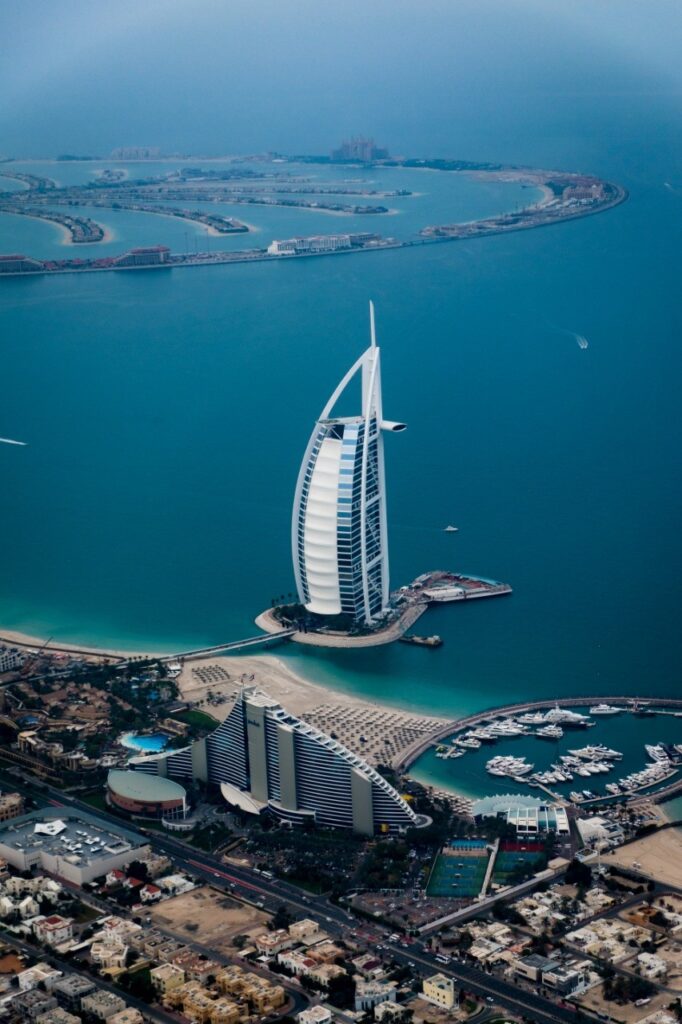
In June 2021 Nada Salha gave a presentation about her experience in Dubai.
Nada is an Australian who has lived and worked in Dubai within the private school system and has also had a front-row seat as Dubai, as a country, has valued wellbeing ahead of GDP as a growth indicator.
Dubai has valued wellbeing so much so that they have appointed a Happiness Minister, and with committed leadership, they have resourced a focus on happiness ahead of satisfaction.
Nada told us stories of her experience as she navigated the implementation of Wellbeing Literacy within her large employer and after its success, knew it was a must-have for their schools.
Nada is particularly proud of the way schools have collaborated and this is evidenced by their enthusiastic support of her regular expos of “What is Working”, where individual teachers and schools come together to share their success stories.
Teresa Corso – Wayapa Wuurrk
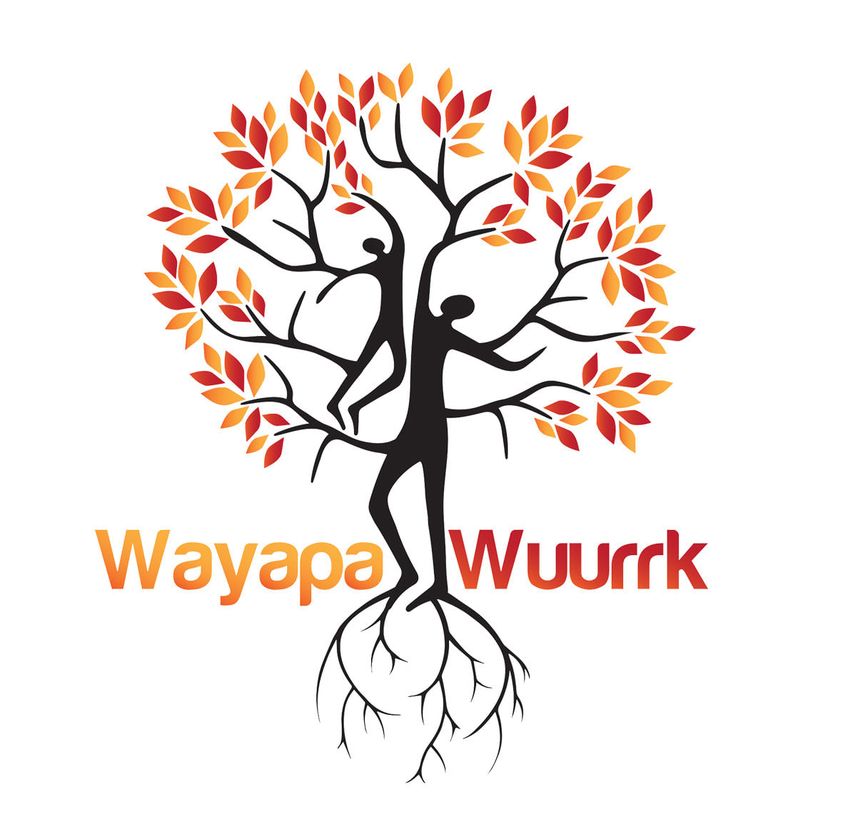
In May 2021 our meeting at the new Council Offices fittingly commenced with an explanation of the symbols in the indigenous artwork on the walls and ceiling of the foyer. We were then expertly led by Teresa Corso, a licensed Wayapa Wuurrk® Practitioner.
Wayapa Wuurrk® means to “Connect to Earth” in the languages of the Peak Whuurrung People of South West Victoria and the GunaiKurnai People of Gippsland. Wayapa Wuurrk® is an earth mindfulness & action practice based on ancient Indigenous wisdom that focuses on taking care of the environment as the starting point for creating – Earth Mind Body Spirit well-being.
Living in harmony with their environment is what sustained Australian Aboriginal people to be one of the world’s oldest, continuous living culture – for over 100,000 years! Many of us have become disconnected from our environment, from our tribe, food, and spirit. Through a trademarked method of storytelling, meditation and embodying earth connection, Wayapa® provides a sense of purpose and belonging to the Earth while creating mental and physical well-being.
Hope Theory with Rachel Colla
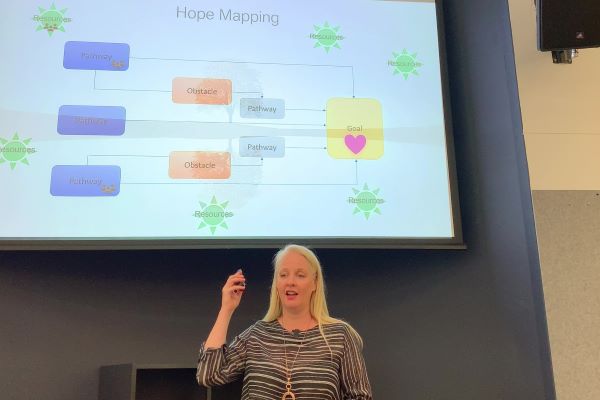
Rachel Colla is all about busting hope myths and using Hope Theory to generate successful, planned outcomes.
When presenting to our March 2021 meeting, Rachel Colla, (BSocSci, MPsych, MAPP, PhD Candidate) presented Hope Theory to a fascinated group of about 50 interested Maroondahites.
We entered the Heathmont College HOPE Centre via Hope Lane and heard Rachel explain that hope is:
- More than blind optimism
- Not a spectator sport
- Way Power and Will Power and her latest addition to the theory: Who Power and Why P
- A key protective and enabling factor in predicting resilience
- Linked to specific goals and not just a general mindset
Research and longitudinal studies reveal the startling statistic that in 2018 (pre pandemic) 45% of Australian youth did not feel hopeful. And hope is on the decline. The importance of our young people: future leaders, parents, educators, activists, role models and citizens having hope cannot be underestimated.
Rachel conducted a Hope Mapping exercise to show how answering the question of Why we have hope about something leads to clearer decisions about Who to involve and How to get the result we hope for. This style of planning can be used in education, in business, in sports and community.
